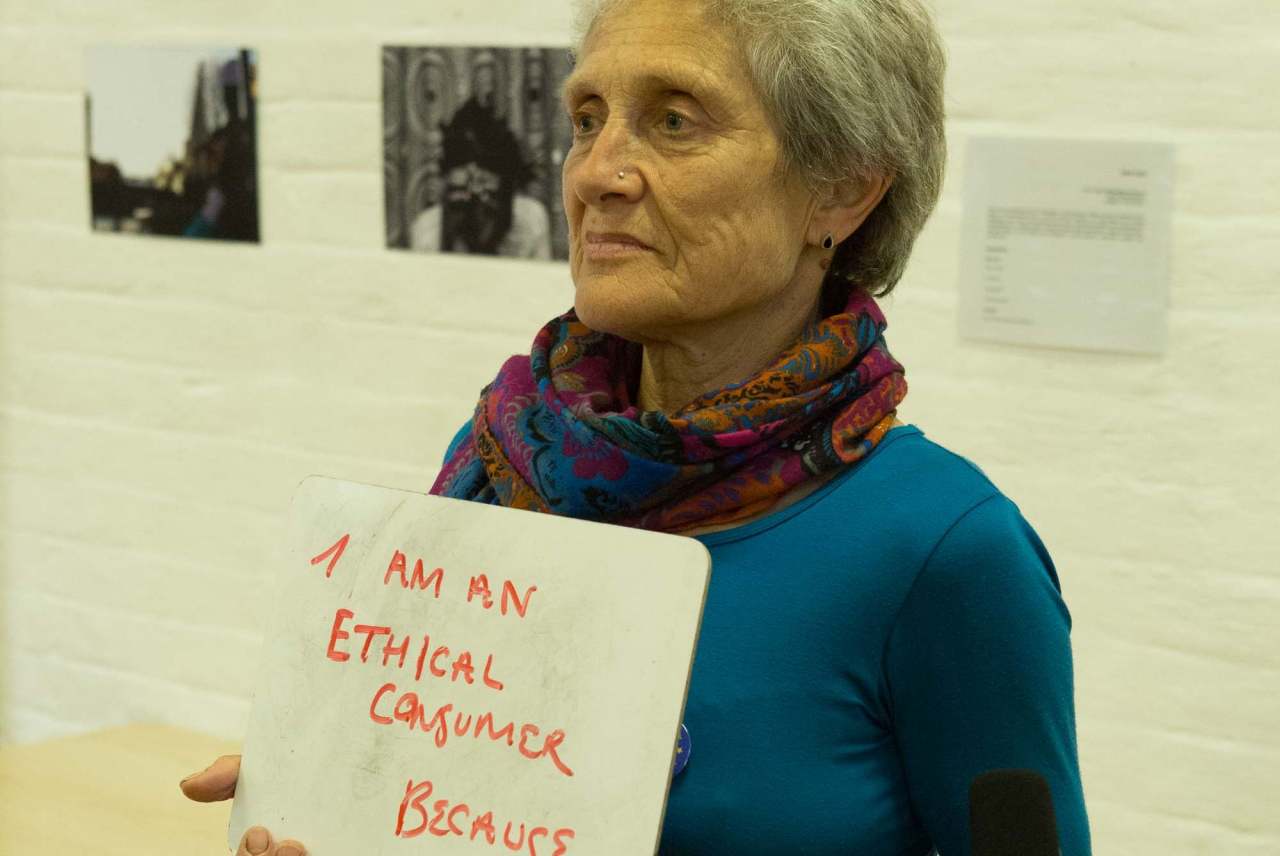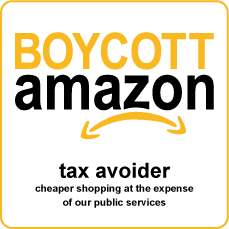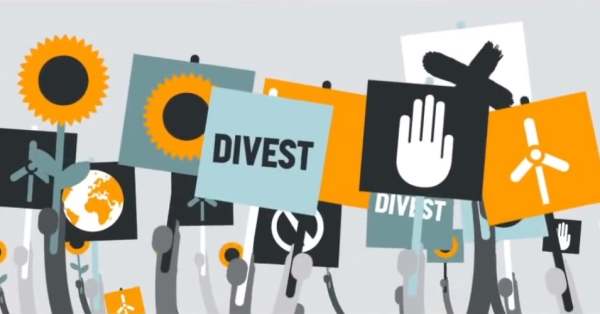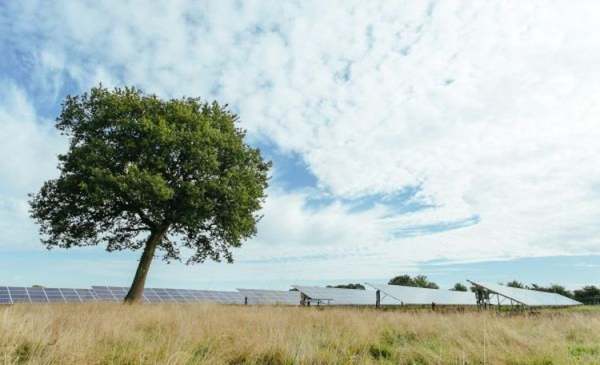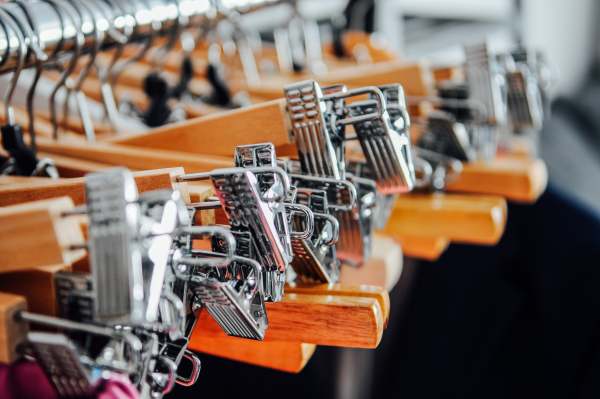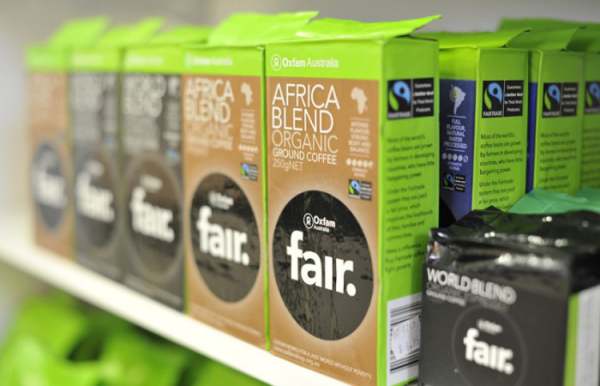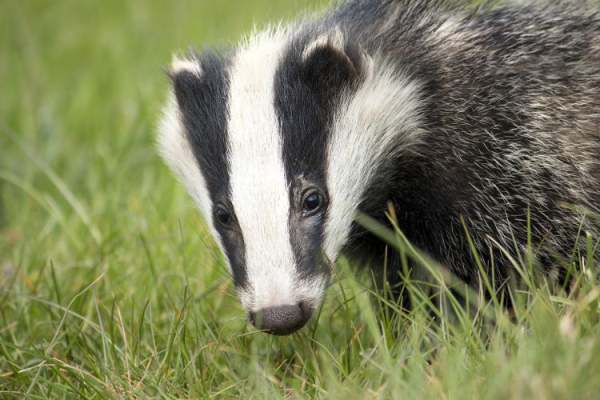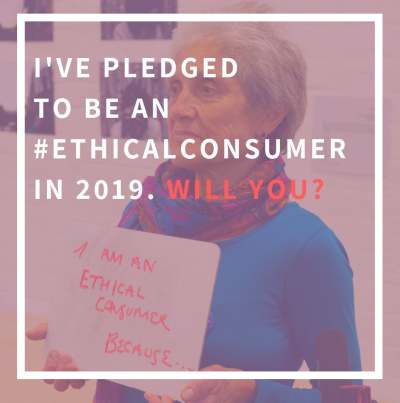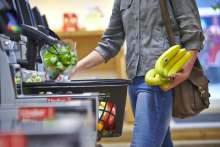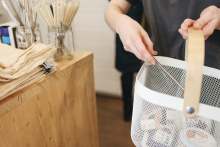You could take one action a month, to help promote ethical consumption. Even if you have already committed to ditch dairy or only buy sustainable palm oil, you can still pledge to continue buying ethically in 2023 and beyond.
Even just pledging your support for one action, will help make a difference to workers, animals and our planet.
Fill out the form below and tick the boxes next to the pledges you want to commit to.
Find out more information about each pledge and why its important under the form. You can also find an infographic at the bottom of the page which you can share on social media, to show off your commitment to ethical consumption.
